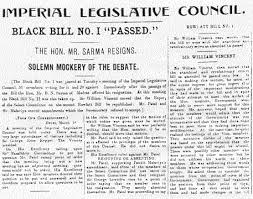
An online space to critically engage with structures & experiences of detention that constitute the carceral state in India | @saumyadadoo & Shailza Sharma
How to get URL link on X (Twitter) App

https://twitter.com/detsolnet/status/1413784114172350465Sharib: Today marks 300 days of #UmarKhalid's arrest, 500 days of farmer's protest, Lingaraj Azad, Hidme Markam, a week since Stan Swamy was killed...so many Varavara Rao, Gautam, Surendra Gadling, Meeran Haider, Sharjeel...many many others, students from more than 30 unis...2/n

 Image is an event poster with a white background. Top left corner has a logo, a red circle with four vertical white lines and one white line slashing through it, with “innocence network” underneath. Top right has a red semi-circle and (2/n)
Image is an event poster with a white background. Top left corner has a logo, a red circle with four vertical white lines and one white line slashing through it, with “innocence network” underneath. Top right has a red semi-circle and (2/n)
https://twitter.com/iyersaishwarya/status/1405465043672592385S.151, 107, 116 of CrPC were dropped because the police failed to complete enquiry within the prescribed period of 6 months. Non-Bailable charges such UAPA and sedition have not been dropped and mean they will continue to be detained. 2/n
https://twitter.com/kittybehal10/status/1405054428642570247?s=20



 08 Sep 2018
08 Sep 2018 https://twitter.com/detsolnet/status/1272451290065367040Day 1: on the colonial legacy of the legal concept of “unlawful association” which underpins contemporary anti-terror laws in India: 2/
https://twitter.com/detsolnet/status/1272462390148452352
https://twitter.com/asurendranath/status/1276532606670999557This was followed by FIR cover up, doctor's deliberate suppression of health condition, and magistrate B Saravanan's remand orders without physically seeing the Jayaraj and Fenix.
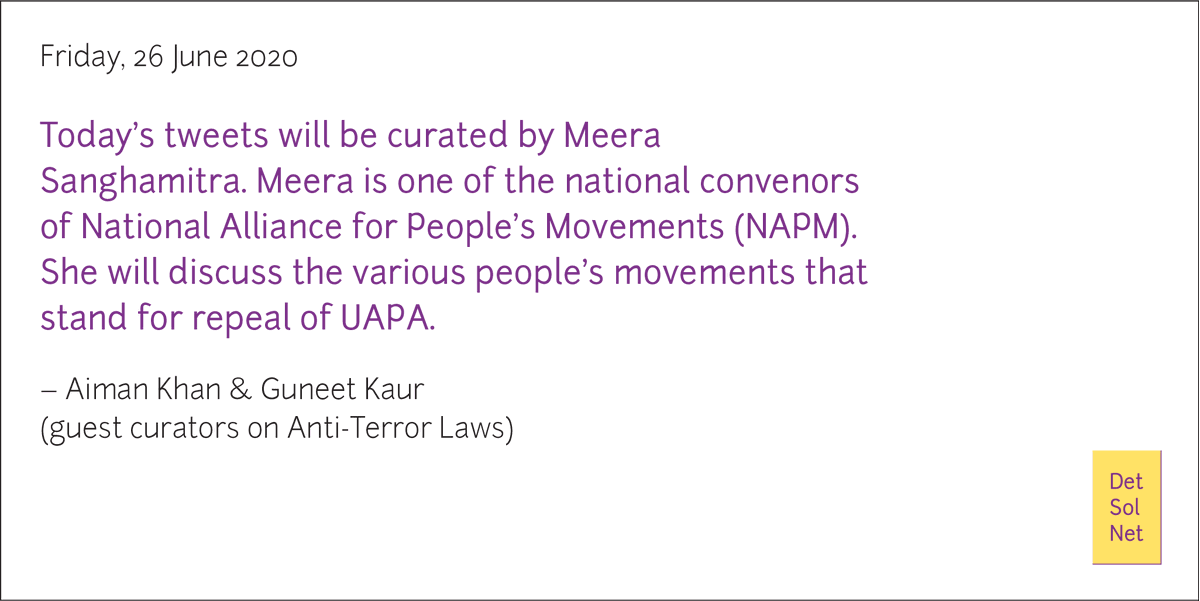

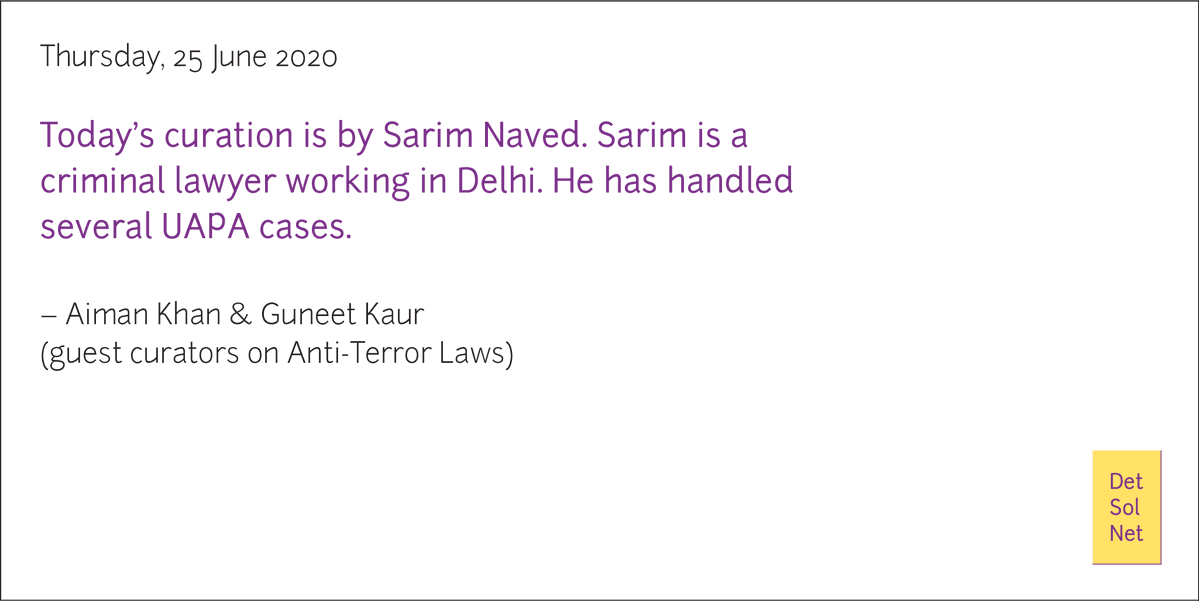
 I am @SarimNaved! The problem with the UAPA is that it creates a category of accused with dramatically restricted rights. It is one thing to have special laws for terrorism, it is another thing to shoehorn all dissidence under the definition of terrorism. 1/n
I am @SarimNaved! The problem with the UAPA is that it creates a category of accused with dramatically restricted rights. It is one thing to have special laws for terrorism, it is another thing to shoehorn all dissidence under the definition of terrorism. 1/n

 I am Mrinal (@mrinpinshar). Today, I am going to look at how UAPA, India’s premier counter-terrorism law fails to measure up to international human rights obligations which is ironic because the govt often relies on international laws to justify UAPA’s draconian provisions. 2/n
I am Mrinal (@mrinpinshar). Today, I am going to look at how UAPA, India’s premier counter-terrorism law fails to measure up to international human rights obligations which is ironic because the govt often relies on international laws to justify UAPA’s draconian provisions. 2/n
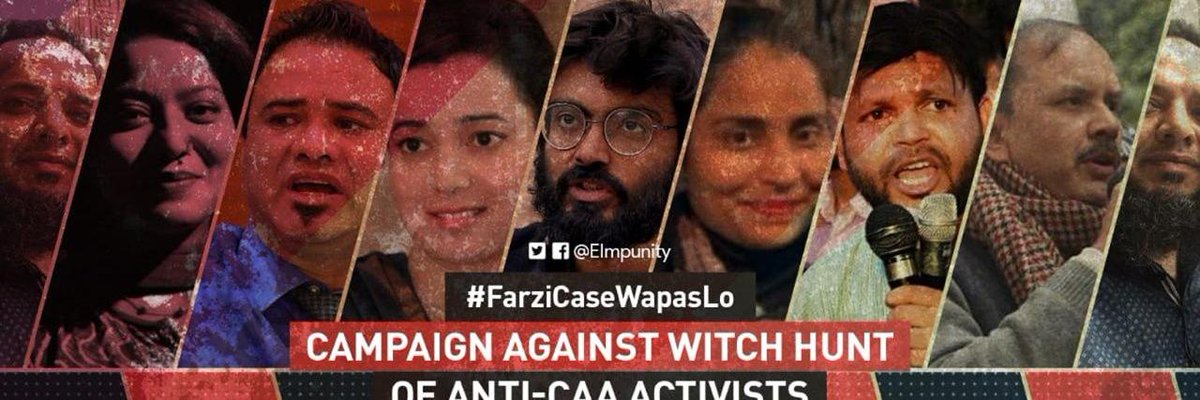

https://twitter.com/detsolnet/status/1273985094328266752Today, we will elaborate on how a UAPA accused is denied his/her/their right to life & liberty, as well as the right to a free & fair trial. The pre-trial & trial processes are designed to punish an accused person. 2/n
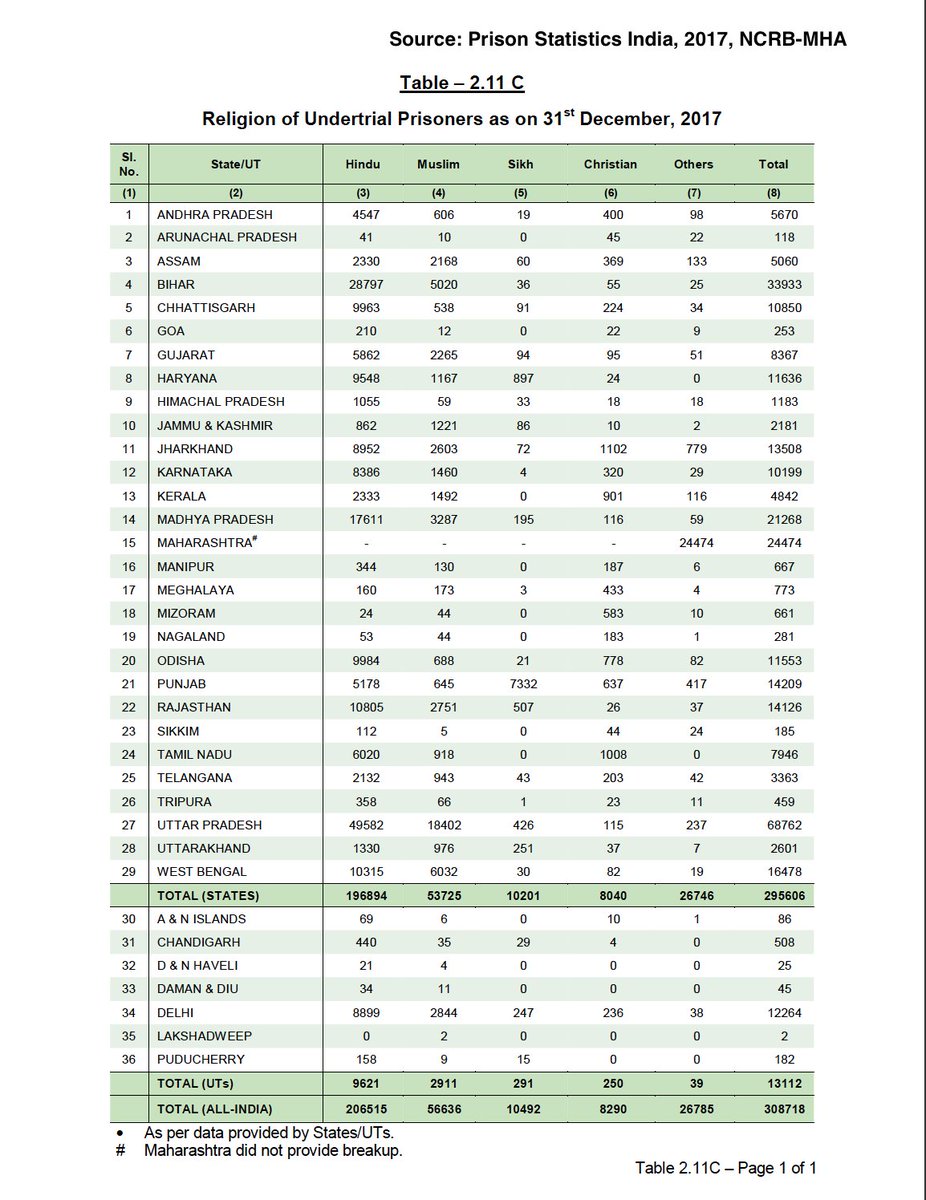
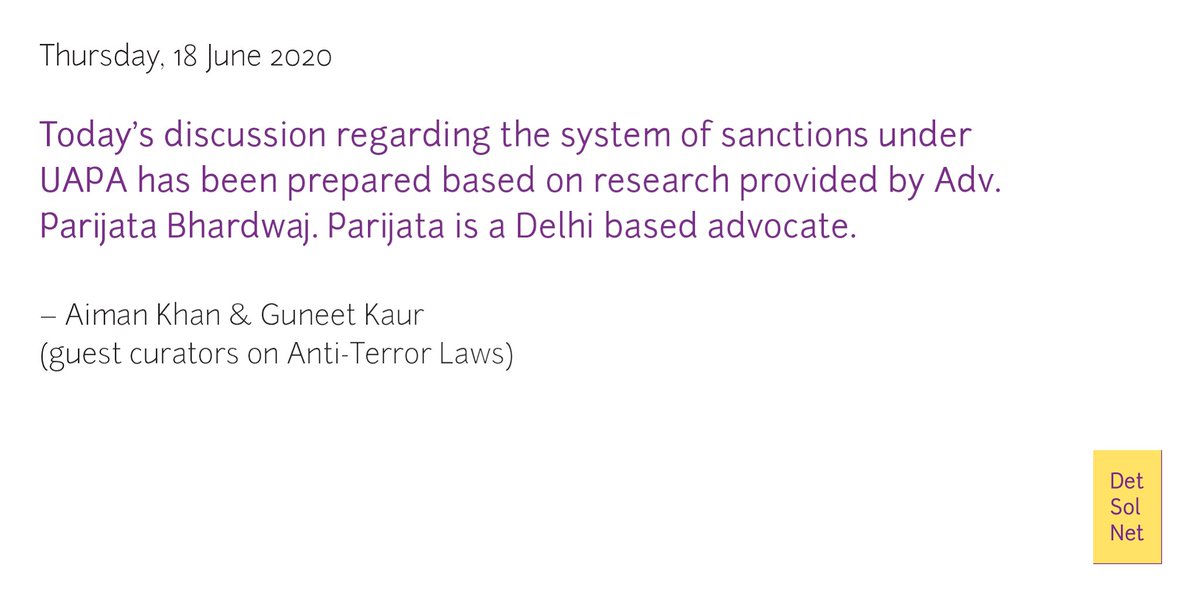
 To prevent UAPA from being applied indiscriminately & keep its use in check: there is a system of sanctions. This requires prosecution to get an authorisation from a designated authority, without which, court cannot legally take notice of the case and start the proceedings. 1/n
To prevent UAPA from being applied indiscriminately & keep its use in check: there is a system of sanctions. This requires prosecution to get an authorisation from a designated authority, without which, court cannot legally take notice of the case and start the proceedings. 1/n

 The UAPA allows for associations (defined to be any body or combination of persons) to be declared as “unlawful associations” 2/n
The UAPA allows for associations (defined to be any body or combination of persons) to be declared as “unlawful associations” 2/n 


https://twitter.com/detsolnet/status/1272463535809929218Wartime emergency provisions of Defence of India Act, 62' were made permanent through the enactment of Unlawful Activities (Prevention) Act, 1967. It allowed central govt. to ban organisations. for 'unlawful activity', a power that was reserved with the state govts. till then.2/n
